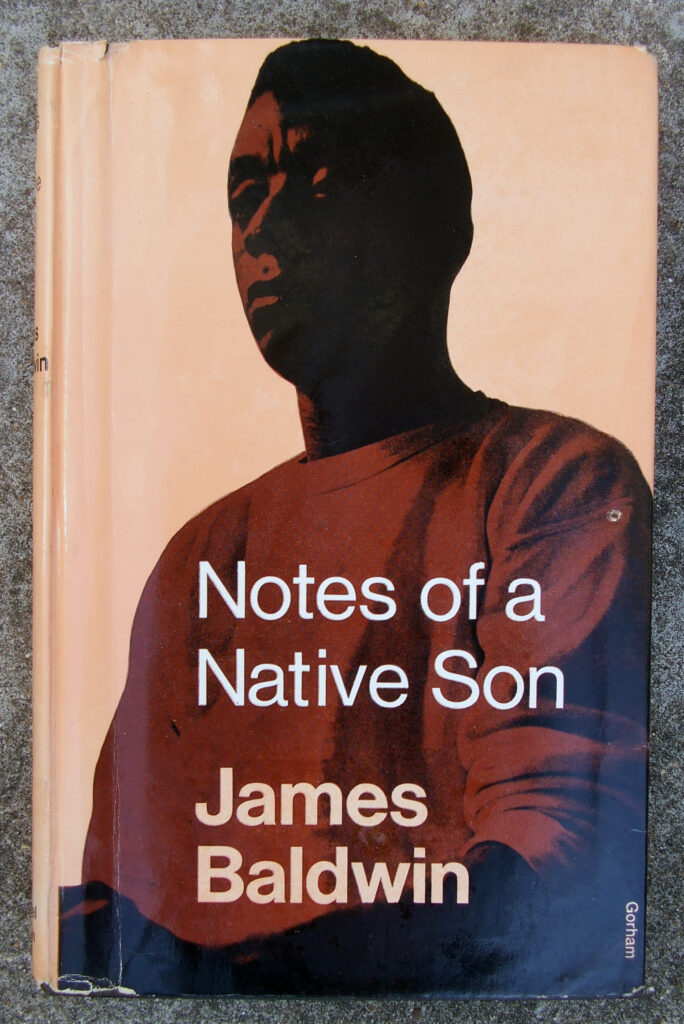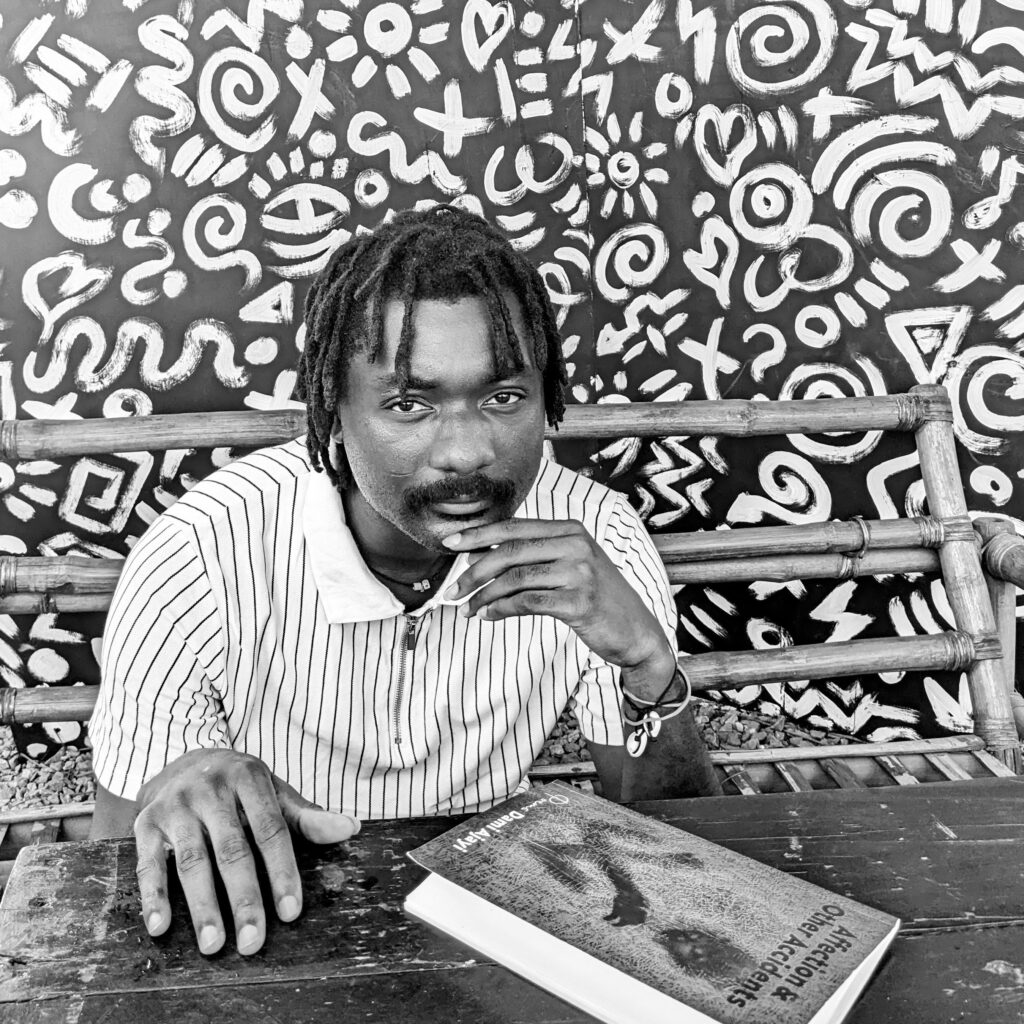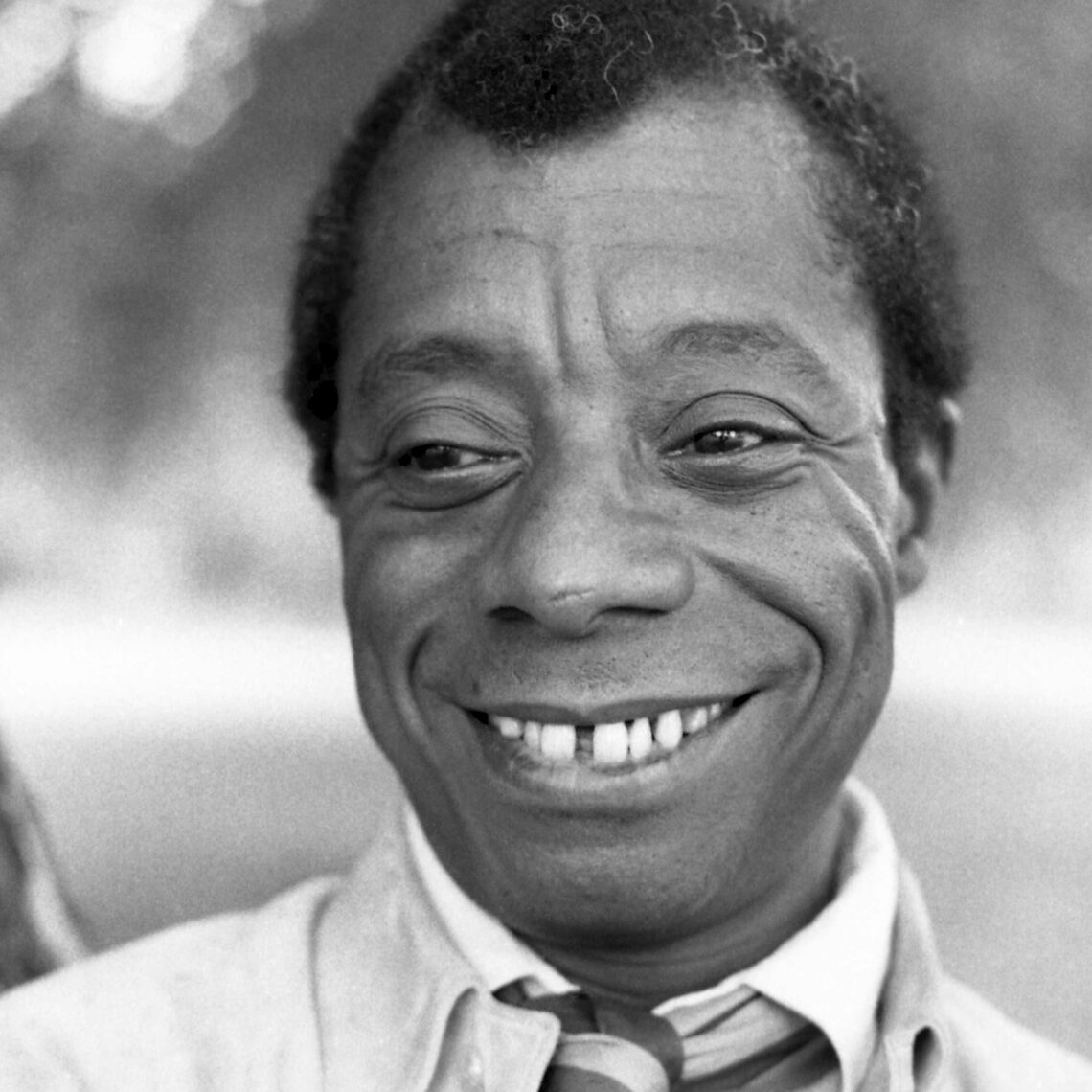Best of the Net 2025 Nomination: CNF Category
Originally published on 5 May 2024 in THR Weekly Features (old website)
An unspoken cycle of boyhood/manhood is that a father hates the thing in his son that reminds him of the darkness he carries; and that a son too will detest any familiarity he holds with a father. This linearity of hatred between father and son is a glue. It dries, limns and the cycle of silence and brokenness in boyhood/manhood repeats itself across generations. Men, we are only as far as the words we share with each other.
“There is something here shared with many men—the love of a father caught in his anger and fists.”
—Father, Chris Abani
My father’s anger did not come with his fists. Not because he couldn’t but because even a deity as fiery as anger cannot cut across seas through phone onto a body. The phone calls I had with my father oftentimes tendered from a question into more questions. No hello. No goodbye. Just a repertoire of questions and answers. Dos and Don’ts. He lived in another country, and he was doing his part as a parent to fend for the children of his loins, my siblings and I. As teenagers, he reminded us of that. Money is not plucked from trees. When the children missed the mark, it was his duty to remind them about missing the mark. Sometimes I wonder what it was like for my brother. Adept to the motion of calls with our father, every call he had with my father, the phone was at a distance away from his ears, his thoughts, his sight. My father biting into air. My brother reading a page from a comic or chewing bites of biscuits or humming without a care in the world for my father’s breath. Because the calls would always end with my father having the last say, it was easier. He didn’t need to respond. My father’s anger could spill and spill and cut at its own will. Effect with or without. The earliest memory of my father’s anger finding shape in my body or rather my mind was in high school. Can’t you see I’m learning? Please don’t disturb me. A mate jested at my sleep speech when he had called to wake me up from sleep to go for dinner. Innocuous to the spiralling laughter in my dorm room, I was lost to another moment. Threats from my father. He hoped he wasn’t wasting his hard-earned money on our school fees. If he wasn’t sending money for our welfare—the lavish living (he alone saw)—he would’ve been a rich man. If we don’t pass our exams, he was going to call it quits on sending us money. To his ramblings I didn’t respond. Swallowed by the desire for calm, I could never respond. The thing is a child will refuse to have the fortitude to grasp that a father or a parent can see them as a burden. But, a child knows the meaning of the word “burden”. To worry. A heavy load. Find me a child who likes to carry heavy loads, and I’ll find the door out of my dwindling life into spry eternity.
On the day they buried my father, I went to work. Each update from the funeral grounds that came as a photo or a video on my phone went out with the same swiftness it came. Not downloaded. Deleted. I wanted to hold a better memory of my father. Not in a casket. Not in a suit. Although he enjoyed wearing suits. Certainly not with an overdone make-up on his face.
In the aftermath of his death, scrambling for stories of his last days, I stumbled on my father’s nakedness. A thing every boy ought to know of his father. I was having a conversation about the people who owed my father money. Those we could collect. How we could pay for the hospital and funeral debts. Easy conversations. Until, the voice from the other line said “Forget that man. He and B had issues. Once even, when B went to ask him to pay him for a work he’d done, he slapped B.” B is my father. Someone slapped my father. Another man took his palm to my father’s face. A heat cooked inside my eyes. I was infuriated. Believe me. Murderous. I wanted to do something with my hands. So, I asked the voice on the other line who this man was. I couldn’t do anything to him. He was too far away. But, I itched. I wanted to know his name. Tattoo it to my brain. My revenge etched like the tale of The Count of Monte Cristo. Only in my case, I wanted to place the man’s sins on his sons or his daughters. Bruise them like their father bruised my father. I never knew about this moment during my father’s life. He never said, but I could taste his anger, and sometimes his hurt. The moments he poured them through the phone. When he asked what next after I was done with a particular job. “Would the company take you elsewhere?” Fetching for hope in the next thing, the next day, he would ask. Calling me on a Sunday morning to ask if I went to church. Ending with a “that’s not the church I attend. Why are you attending a different church?” Several times, this question would bubble. Anything to call for an argument. Anything to elongate the talk. Praying in synonymous tongues that his slapped jaw (I didn’t need to know of) was worth it.
“My father finally went mad, and when I became a man I understood how that could happen.”
—James Baldwin / Nikki Giovanni, A Dialogue: Ten Paces Behind The Man
Like my father did, I work in the Construction Industry. Hassling wood, concrete, machines and people. Once, he asked me “what exactly do you do?”
We have had this conversation in different times. In varied ways. He has asked me to create a design for a dream house, and I did. Talking about dimensions of a building with my father, this shared knowledge was as walking into a home after a cold, long day and finding warmth in your bed. So, when he asked me for specifics on my every day life at work, I wondered if there was a rot to his memory. I told him, I go to site and do the usual. Whatever I said, it did not take. He had to know more. Like a knife to a burlap sack, he sliced deeper, “Do you push wheelbarrows or mix concrete or what?” I wanted to laugh. In fact, I did. Because what a horrible thing that would have been for my years in school and work experience. “Daabi oo…” I speak in Akan. Because speaking in our native tongue feels easier to the ear. More receptive. “I supervise the workers and the subcontractors,” I conclude. There was a calmness to which he responded. An okay. As if to speak of gratefulness that a son did not also take shit from men like his father. But the thing is, silence is that secret gift men share amongst each other. Unasked. Unknown time shared. Almost as if you wake up one morning and you know what and how much to say to a person.
The morning my boss came to the work site and we took some inspections through the site, I got hammered. Two men dressed as respectful as the world required with the same education and yet, position and entitlement splits them like cake.
“I’m sorry to say, but it is very foolish of you.” My boss howled.
“But sir…” Even in the rain of insults, I still added the title of “sir” when I responded to my boss. Trying to make him see my side of the issue. But, this cordiality doesn’t change the weather. The rains washed me of any self-respect or the image I had in that moment. I carried myself as wet bread through that day. Wet bread, soaked in anger and spite. My own. The world’s. On another day similar to this, my siblings asked me for some money after and I let my frustration spill at them. I have my own life too. I have to save. A variation of my father’s words being vomited out of my mouth. You never see the way the world breaks a man. All you get to see is the butterfly effect. Or rather the manhood effect. When a boy becomes a man and recognizes that, maybe the wars his father fought made him who he was. Just like it makes the boy too.
Lately I have been finding comfort in Jimmy’s words. I call him Jimmy. I call him father. The kind I didn’t have. James Baldwin left this world without any recognized children. Yet, he wrote as if journaling to his sons his relationship with his father. The solids. The liquids. The gases. It is as though he wrote for the boy to see the man differently.
The first and only time I heard my birth father cry was for a trivial thing. Land. He had bought land and someone was trying to take it from him. Knowing the sweat it takes to acquire your own property and the wars it will take to keep your property if someone else desires it, can be heavy. Okay, I admit, it was not for a trivial thing. But hearing your father, a man, whimper on the phone, his words breaking like bone (and of course he rode it fast like a horse and disconnected the call), for the first time can make you think the reason, trivial. When I told my father my siblings were fighting again, the heaviness magicking my words into tears, he told me to stop crying and to act like a man, and speak clearly. Countless boys have heard this song. Act like a man. Despite the folly. The ripping away of humanity from boy to man, all boys embrace it.
In Notes of a Native Son, Jimmy wrote that we have to accept totally without rancor men, as they are, but this does not mean we do not fight with every last drop of our blood the hatred and despair. I do not have much of my father or I think I don’t. Conversations about our vulnerabilities were like carbon dioxide in the air between us. Choking things. Once, close to his last days, he asked if I had a girlfriend, someone who cooked for me. It felt weird and I laughed it off. Now, I wish I could go back to the first and only time I heard him cry. Take his face to my hands like a lover would. Stare into his eyes and tell him, I see you. I would share in his pain. Swallow my share like candy and let the tears rip. My father, shit happens.

Image by Charles Gorham for 1964 British edition of Notes of a Native Son by James Baldwin (Wikimedia Commons CC)

I Echo (a pseudonym) is a Ghanaian-Nigerian writer on a neverending search of self. He is confident in one thing: he would like to explore the world, realise new cultures, create new conversations and hopefully save the world by saving himself. He tweets as @AyeEcho.
Featured Photo: James Baldwin taken in Hyde Park, London by Allan Warren, 1969 (Wikimedia Commons CC)




